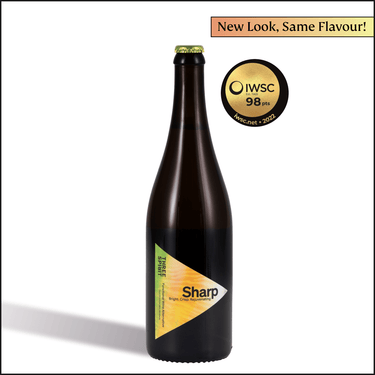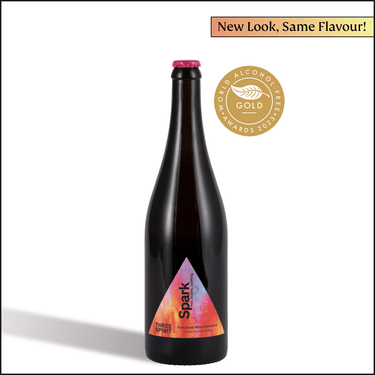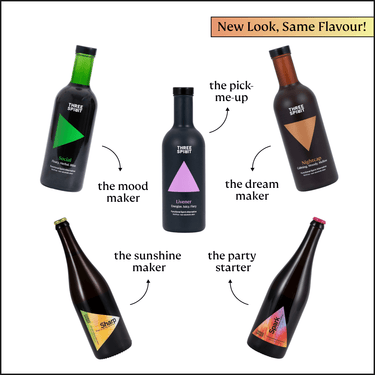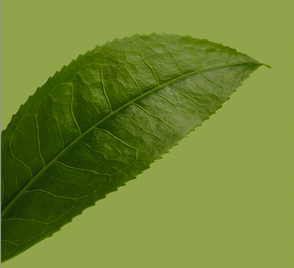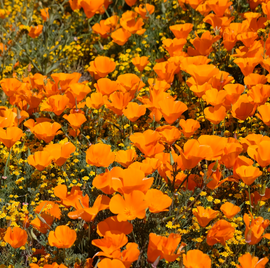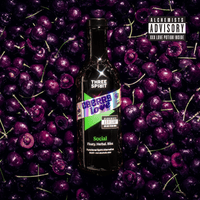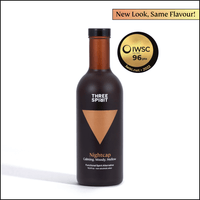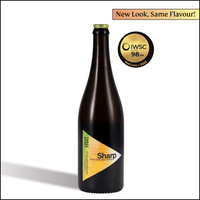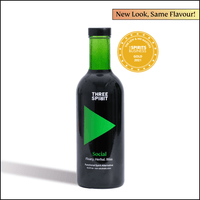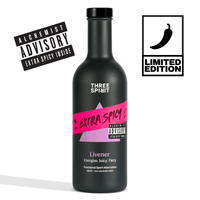Background
Bonjour! In the early nineties, a TV show in the US reported lower heart attack rates in France, lower than anywhere else. The report framed the country's regular consumption of alcohol, in particular red wine, as the reason behind this, claiming that it reduced that risk of heart disease. It was believed that wine had a flushing effect that removed platelets from the artery wall.
As a result, throughout the decade health claims start showing up in the wine industry, and even in adverts.

What added to this intrigue was the very real J shaped mortality curve reported in drinking rates. In short, rather than people who don’t drink being the lowest mortality rate and increasing from there, consistent studies were showing that the lowest mortality were the ones who drunk one or two drinks a day, and the people who didn’t drink at all were more likely to die of heart attacks and strokes.

Antioxidants
Let's talk antioxidants. Antioxidants neutralise free radicals. Your cells produce free radicals for example when you breathe in pollution or are exposed to UV rays. They bounce around our system causing a wear and tear on our organs, our tissues and pretty much everything.
The antioxidant in wine is called resveratrol. In wine grapes, resveratrol keeps grapes from going bad and getting burnt in the sun - it helps block UV rays and prevent infections. So the idea was drinking a glass of wine would also be beneficial for its antioxidants.
"Those statistics about heart attacks being low in France sound too good to be true!" ...Correct.
Debunk time
It turns out this TV report was inaccurate, to say the least. Yes, France had lower heart attacks compared to the US, but they were on par with other European countries. Most importantly, there was no evidence to suggest this was necessarily down to drinking wine. Europe has a different healthcare system to the US, and there are other different factors in their diet besides wine, so it makes little sense to spotlight just this one aspect of their culture.
Correlation doesn’t equal causation. China and Japan had way lower heart attack rates as well - weirdly we didn’t get lots of ramen or chow mein takeaway ads telling us that it’s good for the heart!
But what about the J curve?
On face value it's alarming data, but it is misleading. The main difference between non-drinkers and moderate drinkers is it includes people who have been told NOT to drink by their medical professional due to health issues, for example, cancer. Non drinkers are distinct from moderate drinkers in other ways. Black people are twice as likely to be non drinkers, people without insurance are 1.5 times, unemployed people are 25% more likely, people who earn less than 25k a year are 3 x more likely to not drink. It’s really hard to make comparisons, because non drinkers will include a disproportionate amount of poor people, ethnic minorities, older people, people with pre-existing health conditions. So this very real mortality rate could have nothing to do with drinking.
Some studies have tried to solve this problem by including only people who have NEVER drunk in their life compared to moderate drinkers, but even then it’s difficult because people who have never touched a drop will also be another specific group with specific lifestyles such as a religious person. And this is of course all self reported data. Another thing is that in several reports, moderate drinkers could vary between 2 drinks a year to 2 drinks a night, but were all within the same band, so having that spectrum of drinking into one group isn’t exactly helpful either!
And the antioxidants?
Well, it is true that wine does contain antioxidants. But that doesn't exactly offset any of the other negative effects. If you'd like the resveratrol, an easier way to get them would be to just eat red grapes!
Moderation and alternatives
If you like drinking wine and you enjoy it in moderation, that’s great. This debunk is in no way to shame you but to highlight the fact that it is a treat. Obviously if you are looking for healthier alternatives, or if you are worried about your heart, there are some amazing wine alternatives out there. Blurred Vines in particular are low sugar and award winning on taste. Sharp is a fabulous white alternative, Spark is our sparkling rose.



